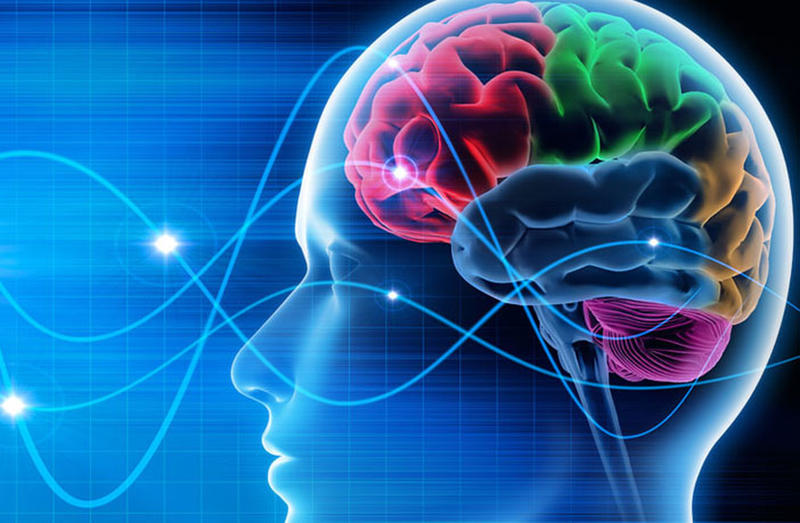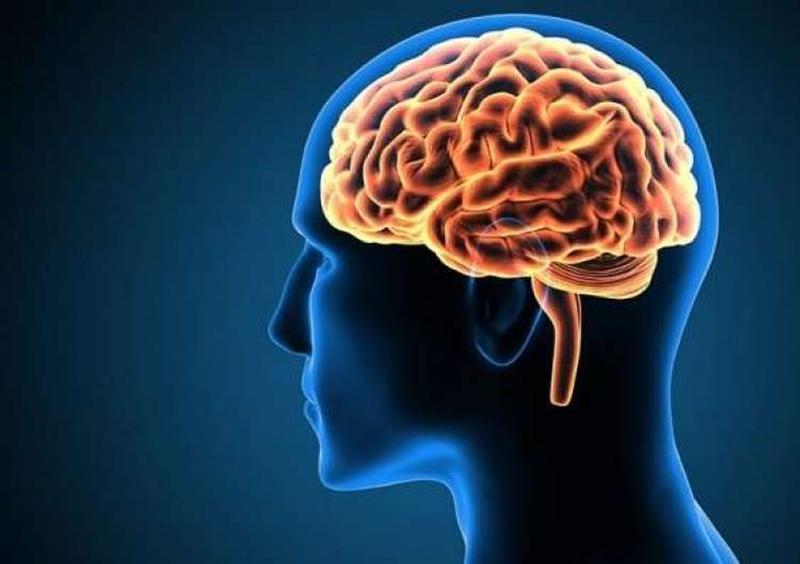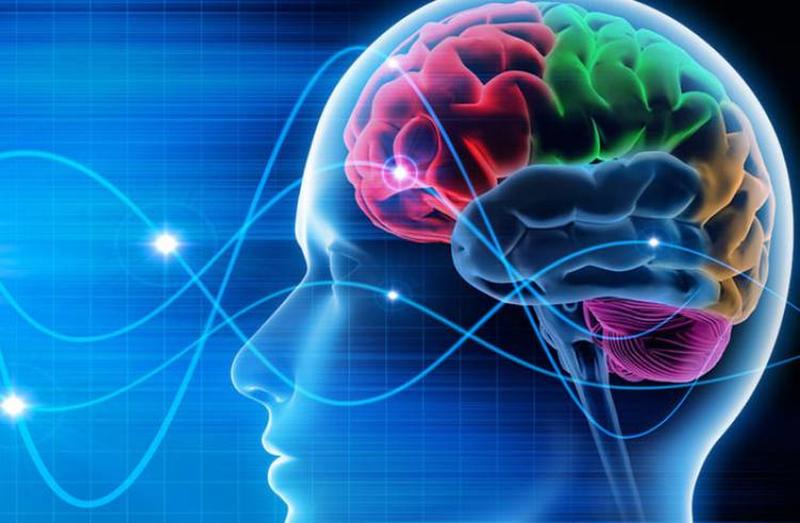The weight loss industry is an absolute unstoppable behemoth, especially in the United States where obesity runs rampant. People want to lose weight, while also living in a culture that promotes poor eating choices. There is no wonder why so much time, money and research would go into weight loss.
We are now a culture of calorie counters. Every food boasts it low calorie count, but diet is much simpler than eating a sleeve of 0 calorie Oreos. The hard fact about diet and losing weight is that it comes down to exercising a lot and not eating. Those two habits can be hard for some people to accomplish.
Have you ever gone out to eat with a friend while you were on a diet, and you have to tell that friend to smack you if you eat certain foods? That's exactly what scientists have been working on lately. Trials have started on a neural implant that can zap your brain when you feel like eating.

Most people would be hesitant to implant their brain with a chip that produces an electric shock. It sounds like something out of a science fiction movie, however, for people with the goal of losing weight, it might be a good proposition. Recently, six morbidly obese patients have decided to take the risk of testing a new chip that will shock their brains when they think about eating too much food. It sounds like something out of a Black Mirror episode, but it's happening in real life.

The technology is known as Responsive Neurostimulation System (RNS). A company called NeuroPace created it for people with epilepsy since it can monitor brain activity, however, it has other purposes. It is believed that the RNS chip can be used to track brain waves associated with hunger and eating.
Originally the chip was designed to produce a small electric shock if it detected any brain patterns related to seizures. The intent was for the seizures to stop before they start due to the shock. Since the RNS can detect all kinds of brain waves, it is easy to see how scientists came to the conclusion to use it for other purposes like weight loss. That's where the real money is.

A journal called Proceedings of the National Academy of Sciences published a study stating that the RNS chip could be used to stop what is known as binge eating. They studied their hypothesis on mice with positive results. As it turns out, an electric shock to the brain can be a very persuasive thing. Imagine if you felt pain every time you wanted a donut. It wouldn't be long before you stopped wanting a donut.
This is no simple study. It will take five years to complete. The test subjects will only have the chip for 18 months at any given time. First the chip will track the brain for half a year, then the electric shocks will begin. Scientists will target brain activity that signals over-eating. There are two challenges: is it safe, and does it work? Obviously it is a very risky procedure for many reasons. Any time you deal with the brain, you must be careful.

This procedure will be for people with extreme cases, such as people who remain overweight after gastric bypass surgery, or have a body mass index of over 45. According to Dr. Casey Halper, "These are patients who are essentially dying of their obesity." If you're just looking to drop a few pounds before a beach party, this is not the procedure you want done, but for those in a life threatening situation, this could save them.